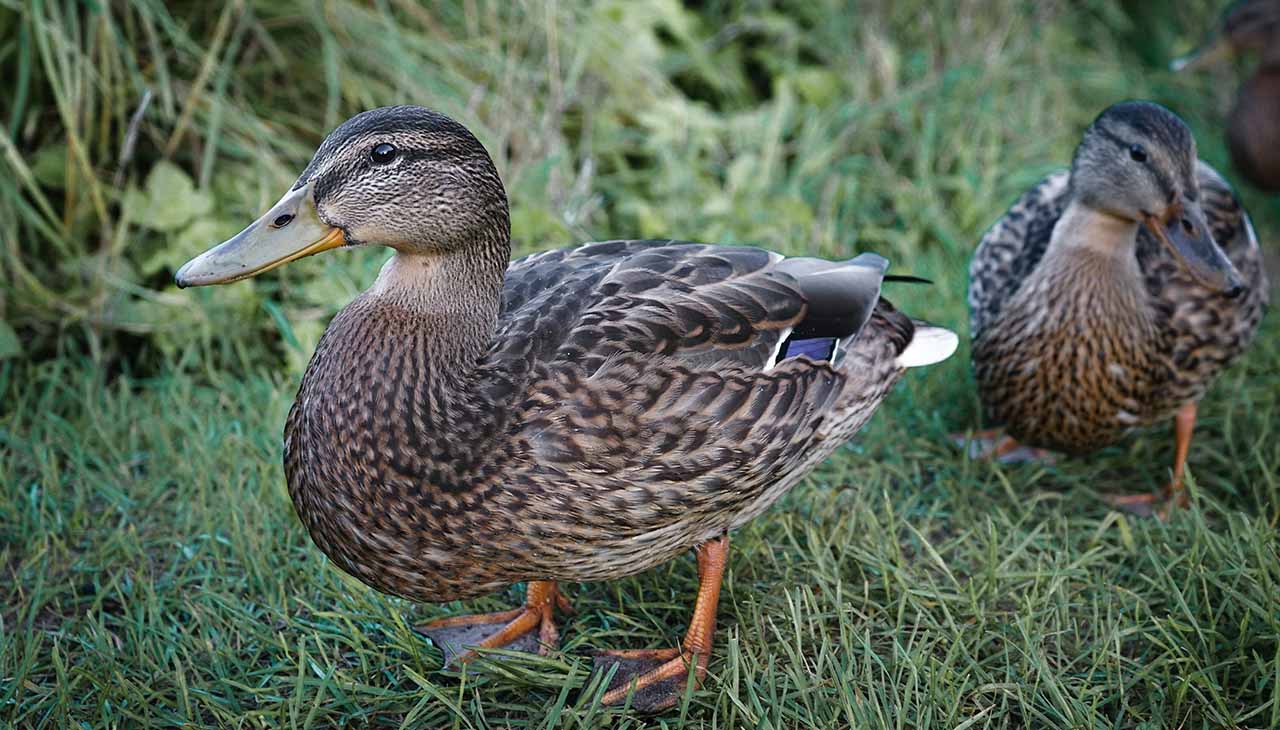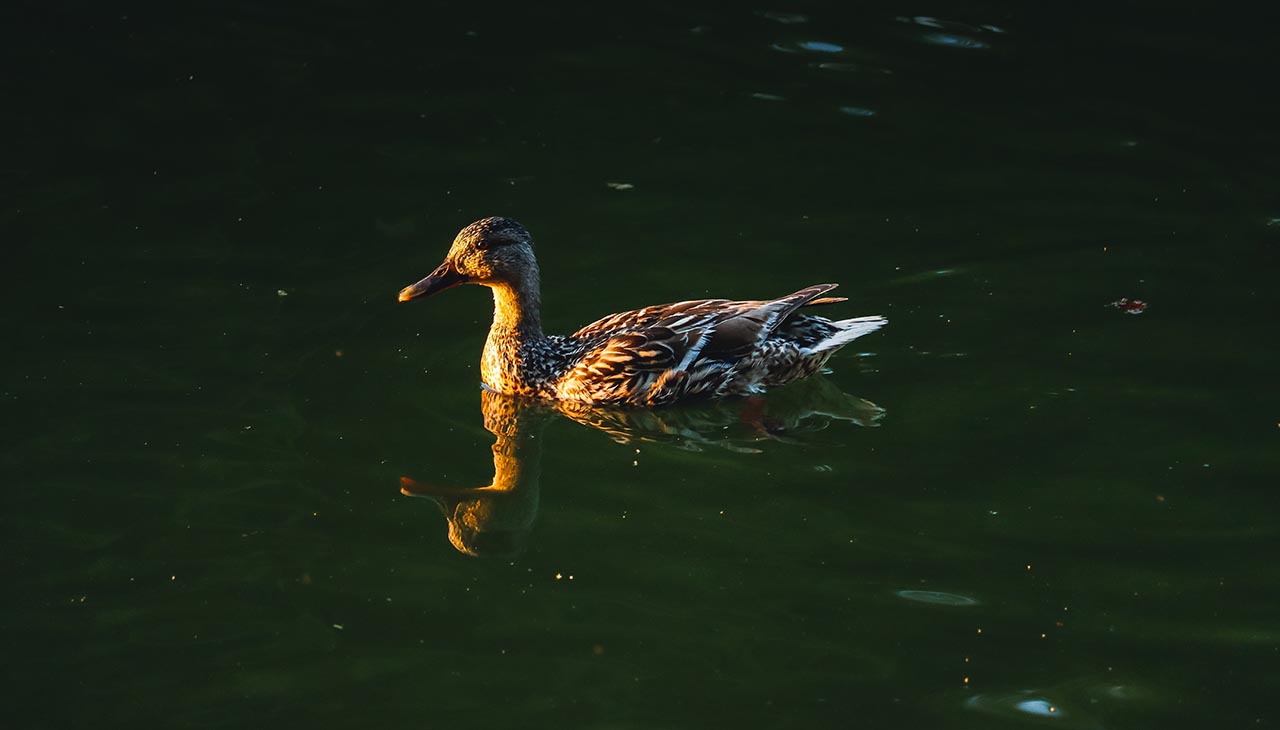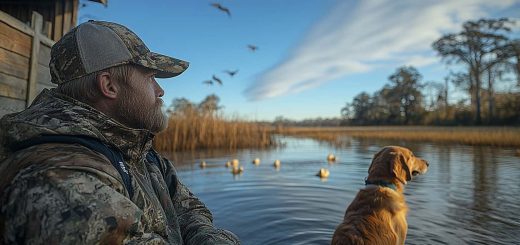Duck Hunting: The Beginner’s Guide
Welcome to the exciting world of duck hunting, a sport that combines patience, precision, and a love for the great outdoors. Whether you’re an avid outdoors person or a novice stepping into the realm of hunting, this guide will equip you with the fundamentals to ensure a safe and rewarding experience. We’ll explore essential duck hunting gear, best practices, and ethical considerations to transform you from a beginner into a responsible and proficient hunter. Let’s embark on this thrilling journey together.
Required Equipment
The first step in your duck hunting journey is assembling your gear.
- Shotgun: This is your primary tool for hunting. 12-gauge shotguns are commonly used for duck hunting, but 20-gauge can also be utilized, especially for beginners due to their lighter weight and minimal recoil.
- Ammunition: Steel or other non-toxic shot is recommended for duck hunting. Remember, the size of the shot should correspond with the type of duck you’re hunting.
- Decoys: These are used to attract ducks to your hunting area. A mix of duck species in your decoy spread can increase your chances of attracting a variety of ducks.
- Camouflage Clothing: Blending in with your surroundings is key in duck hunting. Wear camouflage that matches the terrain and vegetation of your hunting area.
- Calls: Duck calls are devices that mimic the sound of a duck. They are used to attract ducks to your location.
- Blinds: These are structures or covers that help you stay hidden from the ducks. They can range from natural vegetation to portable blinds.
Remember, having the right equipment is only part of the equation. Knowing how to effectively use these tools will greatly enhance your chances of a successful hunt.
Hunting Regulations and Safety
Before you set foot in the field, it’s crucial to understand and abide by the hunting regulations in your area. Check with your local wildlife agency for information on hunting seasons, bag limits, and areas where hunting is permitted. Remember, these regulations are put in place not only for the safety of hunters but also for the conservation of wildlife populations.
Safety should always be your top priority when hunting. Always handle your firearm with care, keeping the muzzle pointed in a safe direction. Ensure your shotgun is unloaded when not in use, and never cross a fence, climb a tree, or jump a ditch with a loaded gun. Always identify your target before shooting and be aware of what’s beyond it.
Lastly, consider taking a hunter education course. Most states require it and it’s a valuable resource for learning safe, responsible, and ethical hunting practices.
Selecting a Hunting Spot
Choosing the right hunting spot is paramount to a successful duck hunt. Start by conducting research into potential hunting areas. Online resources, local wildlife agencies, and advice from experienced hunters can provide valuable insights.
Look for areas with abundant food sources and water, which are likely to attract ducks. Wetlands, marshes, and lakes are common habitats for various duck species. Pay attention to the water depth, as most ducks prefer shallow waters where they can easily access food.
Keep in mind that visibility and accessibility are also important. You’ll need a clear line of sight to spot incoming ducks, and access to the area should be feasible without disturbing the habitat or causing unnecessary noise.
Scouting the area before hunting season can also be beneficial. Look for signs of duck activity, such as feathers, droppings, or tracks. Observing the area at different times of the day can help you determine when ducks are most active.
Always remember to obtain permission if you plan to hunt on private land. Respect the land and follow all rules set by the landowner or managing agency.
Setting Up for Success
Setting up for success in duck hunting involves a combination of strategic planning, effective use of equipment, and a deep understanding of duck behaviors.
Start by setting up your decoys strategically. Ducks are social birds and are more likely to land where they see others. Position your decoys to simulate a natural and inviting scene for ducks flying overhead. Remember that the wind direction and water currents can influence the positioning of your decoys.
Proper use of duck calls is also crucial. Each species of duck has a unique sound, and understanding these sounds can significantly improve your calling skills. Start with basic calls like the ‘quack’ and ‘greeting call’, and as you gain experience, learn more complex calls. Timing and volume are critical aspects of effective calling; observe the responses of the ducks and adjust your calling accordingly.
Blinds should be set up in an area with good visibility and cover. The aim is to remain unnoticed, so ensure your blind blends well with the surrounding vegetation.
Lastly, patience is key. Duck hunting requires you to spend long periods in the field, often during cold, early morning hours. Keep a positive attitude, and remain patient, and with time, you’ll increase your chances of a successful hunt. Remember, part of the joy of hunting is the opportunity to enjoy nature and the great outdoors.
Shooting and Retrieving Ducks
When it comes to duck hunting, shooting accurately and retrieving ducks efficiently are crucial skills to develop.
Firstly, understanding the basics of shotgun shooting is paramount. Always aim slightly ahead of a flying duck (this is called leading the target) to account for the time it takes for your shot to reach the duck. The correct lead will vary depending on the speed and direction of the duck’s flight.
Once you have successfully shot a duck, it’s time for retrieval. If you have a hunting dog, it can be trained to retrieve the ducks you shoot. They are particularly useful in retrieving ducks from water bodies or dense vegetation. Always reward your dog for a successful retrieve to reinforce this behavior.
If you don’t have a hunting dog, you will need to retrieve ducks on your own. It’s essential to mark down the location where the duck fell to make retrieval easier. In waterfowl hunting, a lightweight, durable boat or a wading staff can be beneficial for retrieving ducks in deep water or muddy conditions. Always handle retrieved games respectfully and ethically.
Remember, practice makes perfect. The more time you spend in the field, the better your shooting and retrieving skills will become. Always maintain a respectful and ethical approach towards hunting, ensuring that you follow all relevant laws and regulations, and strive to minimize any unnecessary harm to the wildlife.
Cleaning and Cooking
After a successful duck hunt, the next steps are cleaning and cooking the duck. Plucking the duck is the first step in the cleaning process. Start by dunking the bird in boiling water, which helps to loosen the feathers. Then, gently pluck the feathers, ensuring not to tear the skin. After plucking, remove the innards by making a small incision near the tail and carefully pulling out the entrails. Rinse the duck thoroughly with cold water inside and out.
Cooking duck is an art of its own, and there are many delicious recipes to try. Roasted duck is a classic recipe. Start by seasoning the duck with salt, pepper, and your choice of herbs, then roast it in an oven preheated to 350 degrees Fahrenheit for about an hour, until the skin is crispy and the meat is cooked to your liking. Remember to let the duck rest for about 20 minutes before carving.
Always ensure to cook the duck to the recommended internal temperature to ensure it’s safe to eat. Enjoy the fruits of your labor with pride, knowing you’ve harvested and prepared your meal with your own hands.
Additional Tips and Resources
In addition to these guidelines, seeking further education and resources can enhance your duck hunting experience. Books, online articles, and instructional videos can provide a wealth of knowledge on various aspects of duck hunting, from equipment selection to cooking techniques. Connecting with experienced hunters in local hunting clubs or online communities can also offer valuable insights and advice, as well as mentorship opportunities. Remember, the weather can affect duck behavior, so it’s beneficial to monitor the forecast and understand how different conditions can impact your hunt. Lastly, always prioritize safety. Ensure you’re properly trained in firearm safety, wear appropriate hunting attire, and inform someone of your hunting plans before heading out. Happy hunting!




